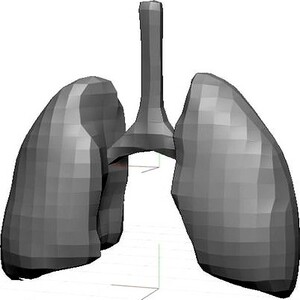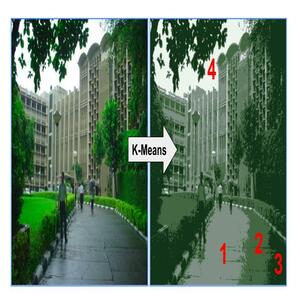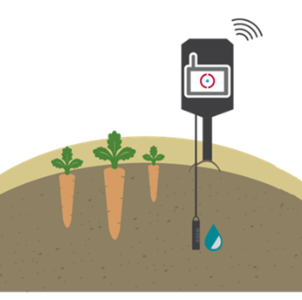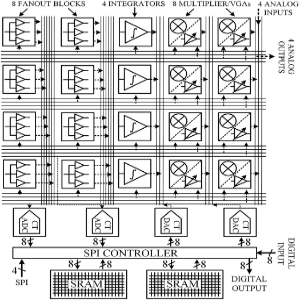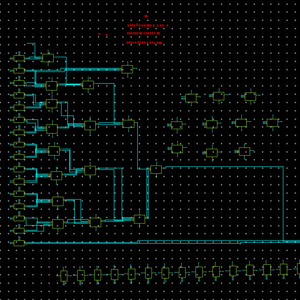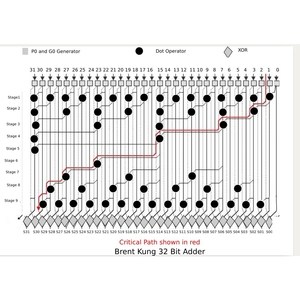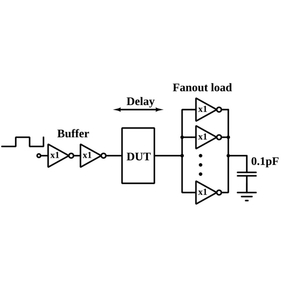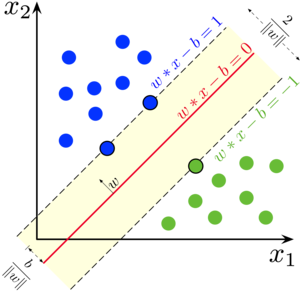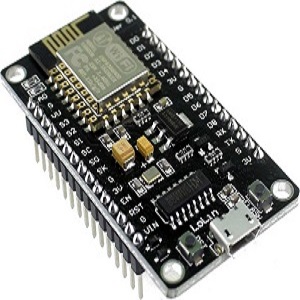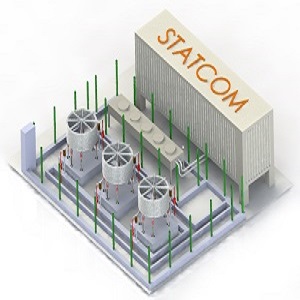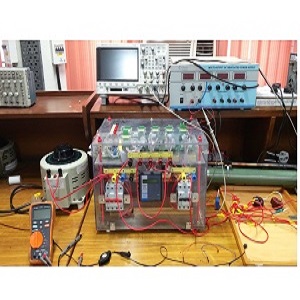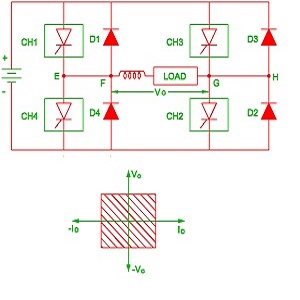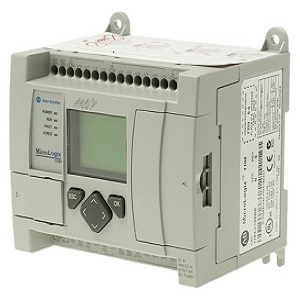Indian Institute of Technology, Bombay (IIT B)
July 2018 - July 2021
Masters of Technology in Power Electronics and Power Systems
CPI- 9.9
Spring (2020-21, SPI-10):
II Stage Project: Electrical Impedance Tomography Imaging With Neural Networks, High Performance Scientific Computing
Autumn (2020-21, SPI-10):
I Stage Project: Smart Energy Autonomous Miniaturized Sensors, Geospatial Predictive Modelling
Spring (2019-20, SPI-10):
Digital Protection of Power Systems, Systems Design, Processor Design, Introduction to Machine Learning
Autumn (2019-20, SPI-9):
Control and Computational Laboratory, Computer Aided Power System Analysis, VLSI Design, Seminar-Digital and Analog Hybrid Computers
Spring (2018-19, SPI-10):
Power Electronics - II, V L S I Design Lab, Embedded Systems Design, High Power Converters and their Utility Applications
Autumn (2018-19, SPI-10):
Power Electronics - I, Power Systems & Power Electronics Laboratory, Microprocessor Applications in Power Electronics, Communication Skills
Delhi Technological University, formerly Delhi College of Engineering
July 2013 - June 2017
Bachelors of Technology in Electrical & Electronics Engineering
Agg-80.14%
SEMESTER 8 (January – May 2017, Marks: 85.87%):
Utilization of Electrical Energy, Power System Operation and Control, Computer Control of Processes.
SEMESTER 7 (August – December 2016, Marks: 84.13%):
Control System- II, Non Conventional Energy Systems, HVDC Transmission Systems, Restructured Power System.
SEMESTER 6 (January – May 2016, Marks: 81.20%):
Electrical Drives and their applications, Micro controllers and Embedded systems, Computer Architecture, Communication systems, Electrical Machines-III.
SEMESTER 5 (August – December 2015, Marks: 78.73%):
Power Electronics ,Control Systems, Data Communication and Computer Networks, Digital Signal Processing, Microprocessor and Applications.
SEMESTER 4 ( January - May 2015, Marks: 77.97%):
Linear Integrated Circuits Communication systems-I , Digital Circuit and Systems, Power Systems- II , Electrical Machines-II , Electromagnetic field theory.
SEMESTER 3 (August – December 2014, Marks: 70.07%):
Electronic Devices and Circuits , Electrical Machines-I , Network Analysis and Synthesis ,Power Systems, Electrical and Electronic Measurement , Engineering Economics.
SEMESTER 2 (August – May 2014, Marks: 76.07%):
Mathematics-II , Environmental Sciences , Applied Physics- II, Engineering Materials, Basic Mechanical Engineering , Programming Fundamentals.
SEMESTER 1 (August – December 2013, Marks: 76.33%):
Mathematics-I , Communication Skills , Applied Physics-I Applied Chemistry , Electrical Sciences , Fundamentals of Information Technology.

